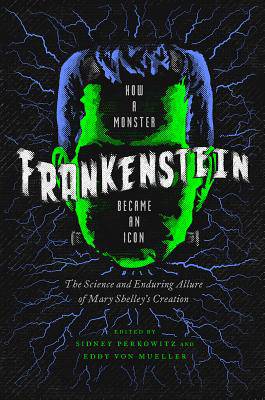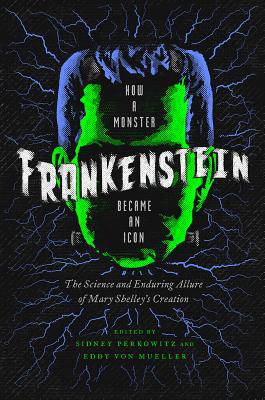
- Retrait gratuit dans votre magasin Club
- 7.000.000 titres dans notre catalogue
- Payer en toute sécurité
- Toujours un magasin près de chez vous
- Retrait gratuit dans votre magasin Club
- 7.000.0000 titres dans notre catalogue
- Payer en toute sécurité
- Toujours un magasin près de chez vous
Description
The tale of a tormented creature created in a laboratory began on a rainy night in 1816 in the imagination of a nineteen-year-old Mary Wollstonecraft Shelley. Since its publication two years later, in 1818, Frankenstein: Or, the Modern Prometheus has spread around the globe through every possible medium and variation. "Frankenstein" has become an indelible part of popular culture, and is shorthand for anything bizarre and human-made.
After all its long history, Frankenstein's central premise--that science, not magic or God, can create a living being, and thus these creators must answer for their actions as humans, not Gods--is more relevant than ever, as scientists approach creating synthetic life.
With a fresh consideration of Frankenstein's popular and cultural weight and its expression of the ethical issues raised by the advance of science, physicist Sidney Perkowitz and film expert Eddy von Muller have brought together scholars and scientists, artists and directors--including Mel Brooks--to celebrate and examine Mary Shelley's marvelous creation and its vital legacy.
Spécifications
Parties prenantes
- Auteur(s) :
- Editeur:
Contenu
- Nombre de pages :
- 384
- Langue:
- Anglais
Caractéristiques
- EAN:
- 9781643131405
- Date de parution :
- 14-05-19
- Format:
- Livre broché
- Format numérique:
- Trade paperback (VS)
- Dimensions :
- 152 mm x 229 mm
- Poids :
- 335 g

Les avis
Nous publions uniquement les avis qui respectent les conditions requises. Consultez nos conditions pour les avis.






